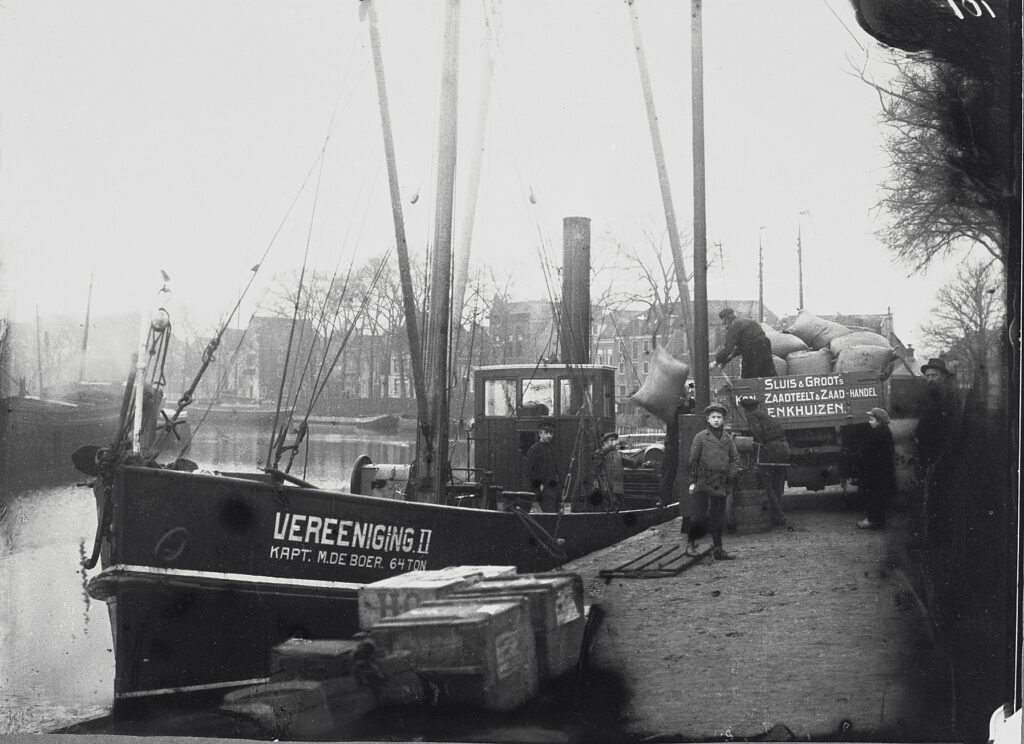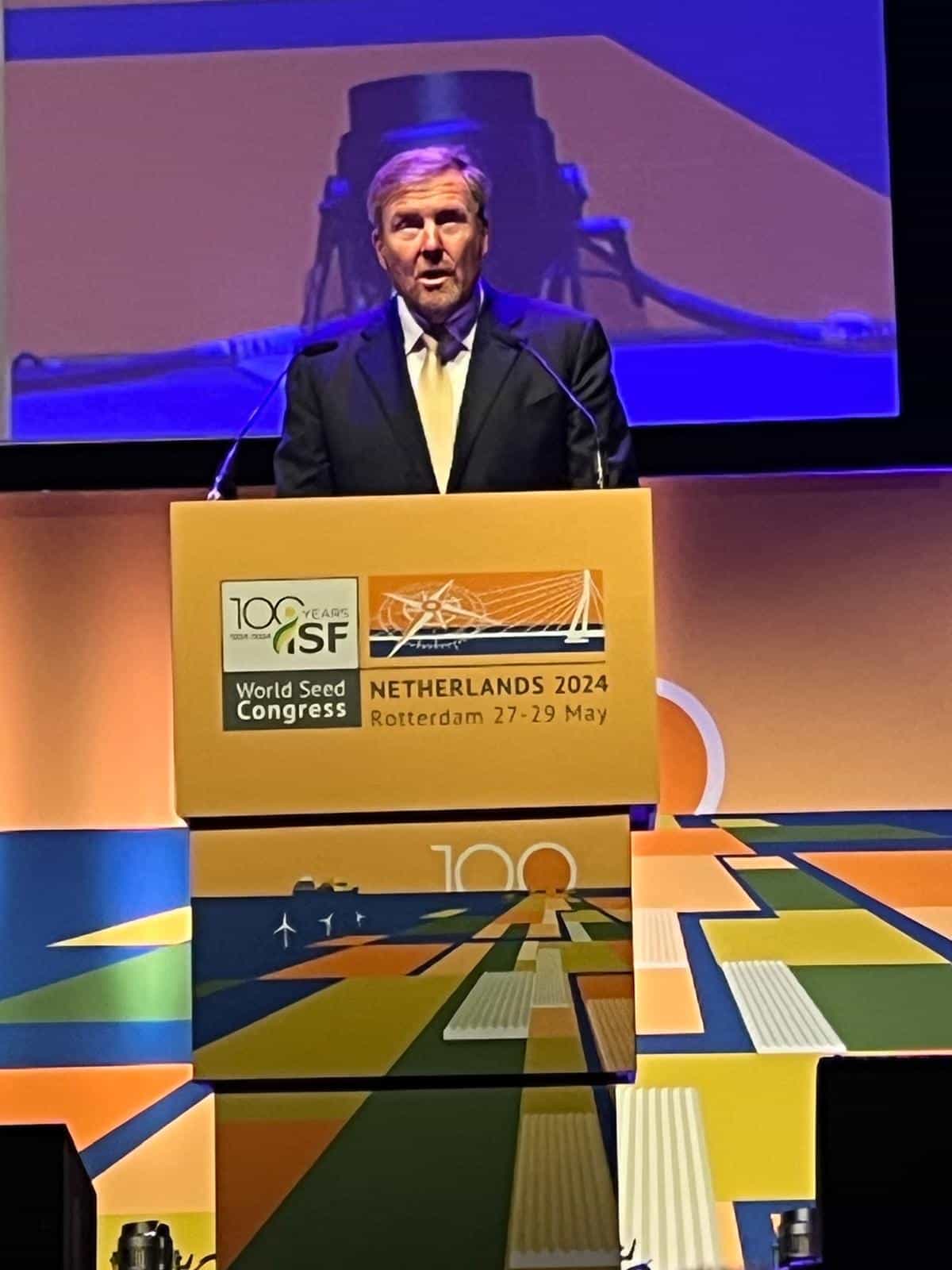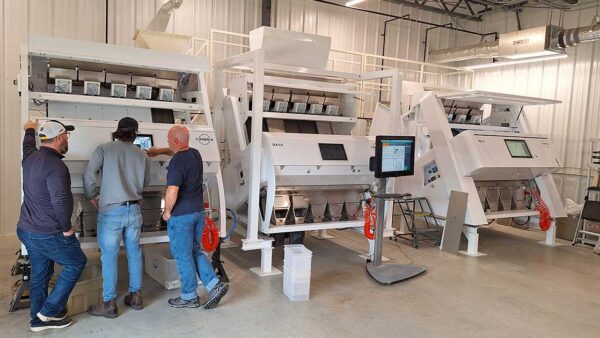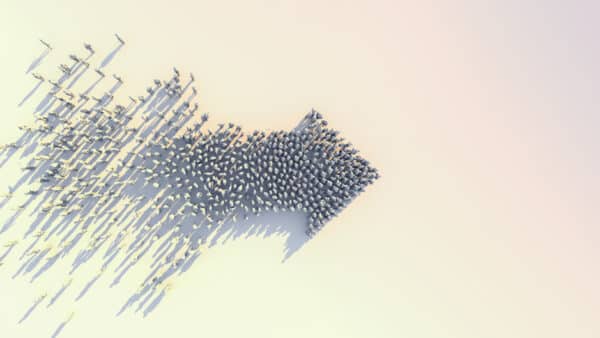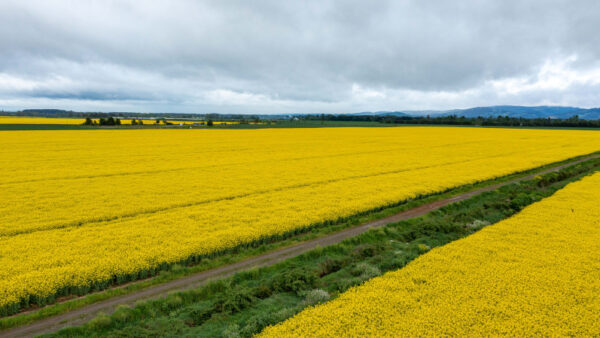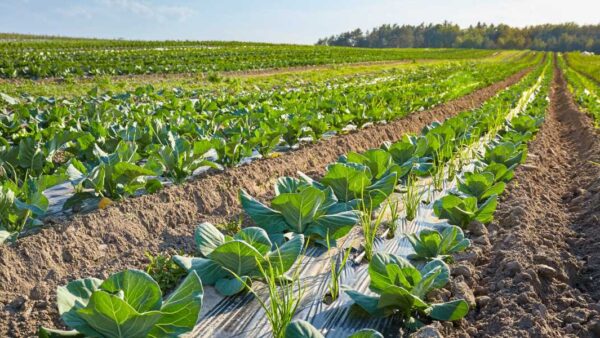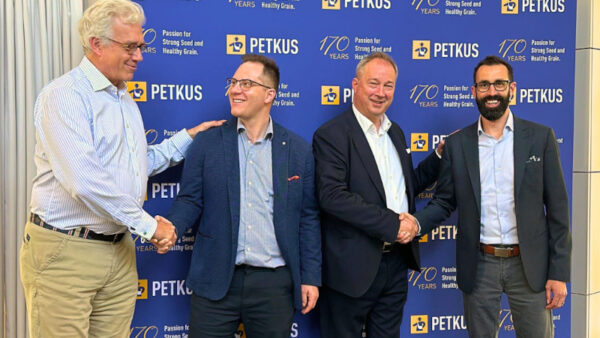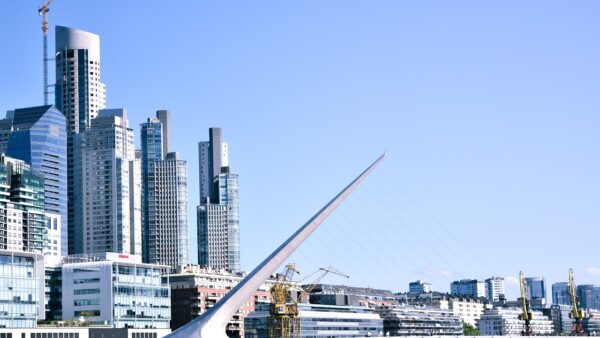This content is from our sister content provider European Seed. Interview with Niels Louwaars, Managing Director at the Dutch Seed Association Plantum NL, date 24 March 2020.
European Seed (ES): Niels, how are you and your team doing under COVID-19?
Niels Louwaars (NL): We have adapted to working from home; no health problems in the team, I hope it will stay that way. However, I have to say, just like the disease itself, the situation can change every day.
ES: And how is the sector doing?
NL: The sector in The Netherlands is very diverse. The ornamentals sector is hard hit. The famous flower auction is currently destroying some 80% of its produce because it is not sold and retail chains like supermarkets and garden centres all over Europe cancel contracts for bedding plants. This has an immediate effect on the planting materials sector.
ES: Where are your biggest challenges?
NL: Challenges in vegetable and field crop seeds relate more to transport and workers. Road transport faces challenges at borders and is related to shortages of drivers and provisions for such drivers when highway restaurants are closed. Hundreds of trucks are on the road until mid-April for seed potato alone; similarly, young vegetable plants are on their way to customers all over Europe. We are very happy that the EU included all agricultural supplies in the Green Lane procedure on the 23rd, including also cross border transport of essential workers. That last aspect is very important as well, since seasonal workers are important in both horticultural production and also the seeds and planting materials sector.
Challenges with air freight are quickly increasing, both for bringing in raw seed from the production locations to the warehouse, and for supplying our customers all over the world. It is an interesting and new experience for us to connect with hitherto unknown partners in the transport and logistics associations.
Important for the sector is an early declaration of our phytosanitary and seed quality authorities, that they considered seeds as a priority, and that as much as possible, the operations will be upheld. There are challenges however, for inspectors and laboratory workers, whose health should not be at risk.
ES: How is your association Plantum involved?
NL: Plantum is part of a crisis team consisting of all horticulture organisations and with active participation of the ministry, meeting every day at 9 am in a conference call. We have already prepared forms for companies to declare damages and we are awaiting government decisions about increasing credit facilities. We also aim to provide a safety net for companies, and we discuss issues of transport, workforce and communication. Also, at the field crops side, connections with the main cooperatives, processing industry and the ministry are well organized.
Already before the crisis team was established, workers in the seed sector, at least for field crops and vegetables, were included in the ‘crucial workforce’ definition, which allowed them to get childcare, while schools are closed.
ES: What is the outlook for the coming growing season?
NL: So, everybody is working hard to supply seeds for the current growing seasons. In some crop groups, especially for fresh product exports, we expect smaller acreages planted and thus smaller sales at this moment. Whether COVID-19 will result in a shakeout of less resilient growers, thus affecting our customer base, remains to be seen. Similarly, how much seed will remain in the production countries due to transport problems, cannot be predicted.
It may sound odd for all those that are working 24/7 to cope with the challenges, but these difficult times are a great practice for companies to test their capacity to deal with uncertainties.




